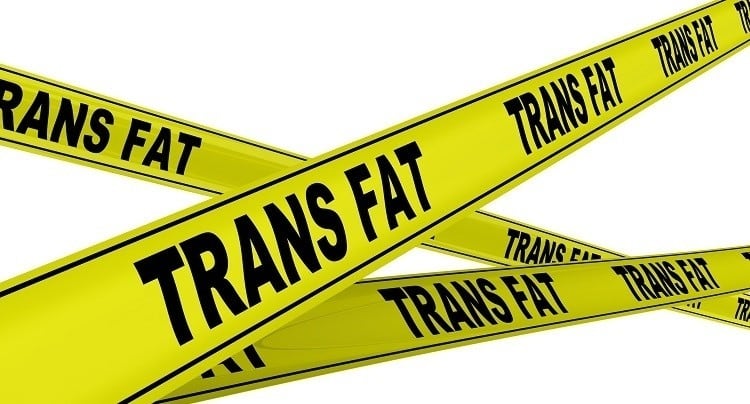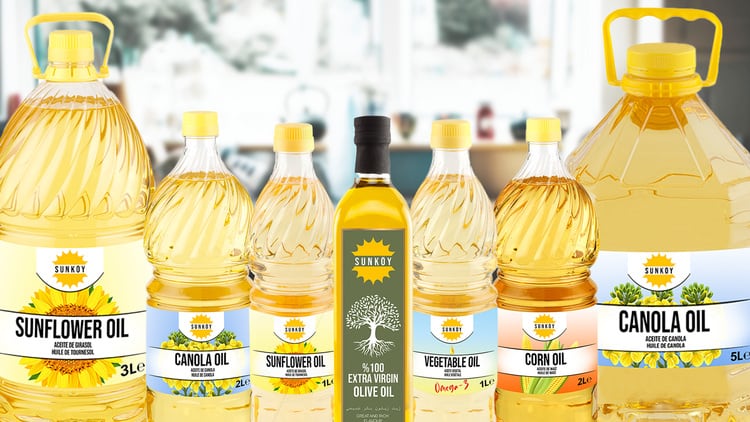In 2021 the Philippines laid out guidelines to prohibit the presence of partially-hydrogenated oils (PHOs) within the food supply, whether these be in edible oils and fats or used in the preparation of processed food products.
This has now been expanded to include more guidelines for trans-fatty acids (TFAs) or trans-fats, specifically industrially-produced TFAs (artificial trans fat developed via the partial hydrogenation of oils).
“Studies have consistently shown that there is no safe level of TFA consumption and its intake ha no health benefit, [and] with neighbouring countries implementing bans on PHOs and setting mandatory limits on TFA content in food, the Philippines is vulnerable to dumping of TFA-rich food products in the absence of similar regulations,” the Philippines Food and Drug Authority (FDA) said via a formal statement.
“[As such, in addition to products containing PHOs], all prepackaged processed foods that contain industrially-produced TFA concentrations of more than 2g per 100g or 100ml total fat are prohibited from importation, local manufacture, distribution, use and sale.
“All applications for any prepackaged processed food product containing TFA and PHO must include technical specifications of raw materials and the processing of these, as well as recent (within 12 months) certificates of analysis of the finished product from an FDA or Philippine Accreditation Board/Office accredited laboratory that reflects the TFA content per 100g or 100ml total fat.”
The FDA has determined that June 18 2023 is the deadline for all food products still containing industrial TFA above the allowed limit to be allowed in the local food supply. All food processors, manufacturers and importers will be allowed a transition period until this date, after which penalties will start to be enforced.
“The distribution or sale of old products with ‘remedial stickers’ attached on the label as a temporary remedy shall be allowed exhaustion before 18 June 2023 - the Market Authorization Holder shall ensure that the remedial sticker is durable and not easily removable,” said the FDA.
“After 18 June 2023, all product formulations and labels of prepackaged processed food containing TFA shall be fully compliant with these guidelines.”
Labelling limitations
In addition to setting TFA limits, the FDA has now banned the use of labelling claims regarding TFA on the packaging of all processed foods in the country.
“The label claims of TFA-Free, 0 g Trans Fat or No trans-fat or any similar claim shall be prohibited on the label and in the marketing/advertising of any processed food,” said the agency.
“It is also mandatory for the TFA content of all food products to be declared within the Nutrition Information/Nutrition Facts panel of the product label in accordance with [current regulations].
This move by the Philippines is in line with the World Health Organisation’s REPLACE initiative to eliminate industrially-produced trans fats, which crucially includes legislation to eliminate these as well as creating awareness of the negative health impacts of TFA and enforcing compliance with policies and regulations.
TFA is known to be related to various cholesterol-related public health issues such as cardiovascular diseases, including coronary heart disease which is responsible for 16% of the world’s total deaths.





